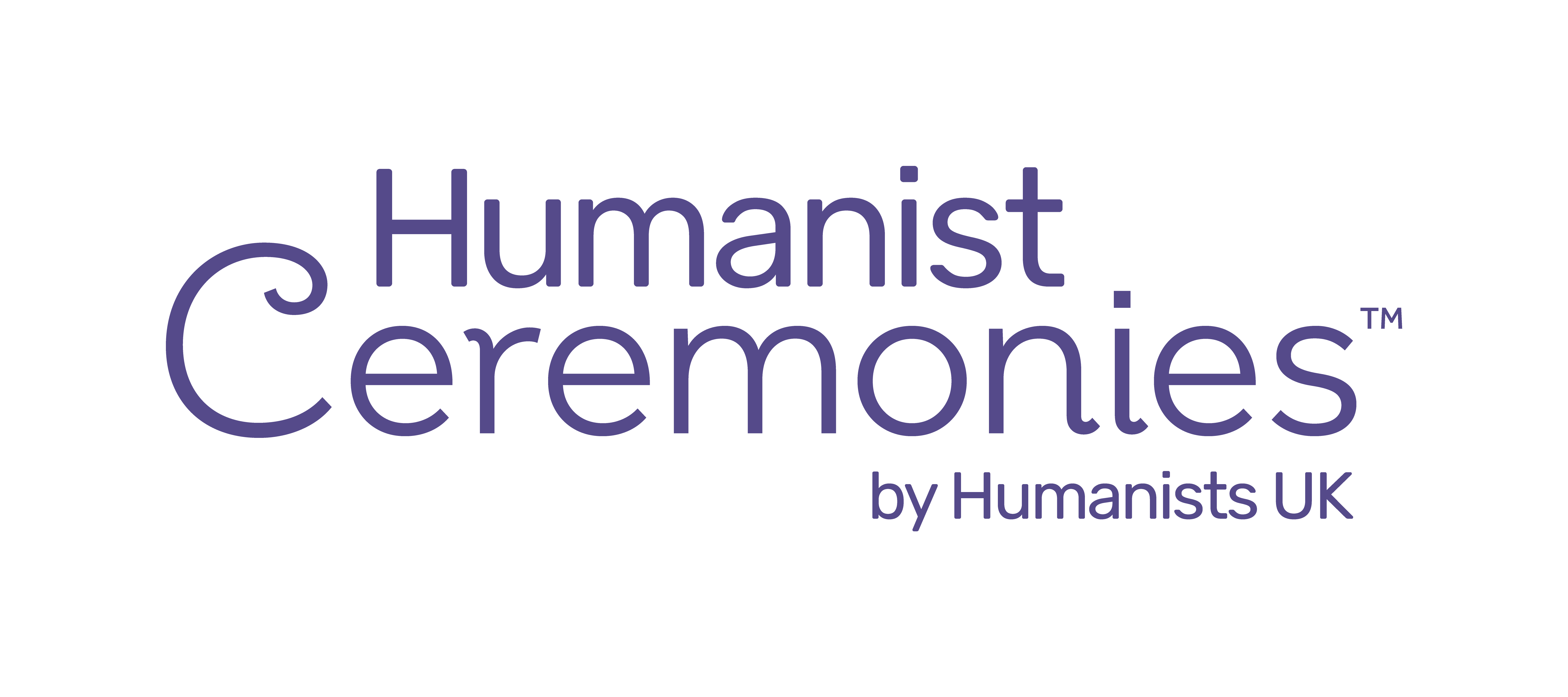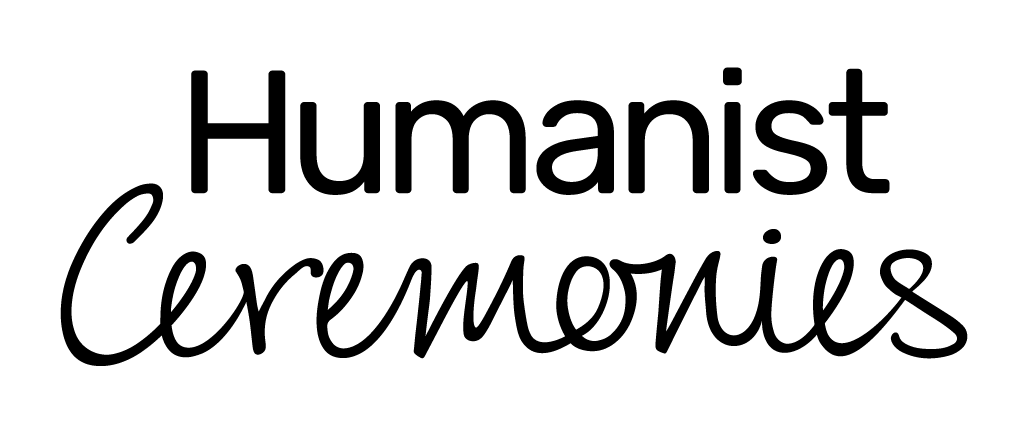Grief – A Guide
I am not sure anyone can claim to be an expert on grief. It is such a personal experience, despite all of us experiencing it at some point in our lives. On the one hand, we all know what grief feels like, on the other, describing that feeling is very hard. Even the idea of sharing grief can be painful. It is quite natural to feel that no-one could ever feel the way you do at this moment. This is no time for me to start ‘man-splaining’ but I want to reassure you that there are ways to understand grief; how it might affect people differently, how different cultures deal with grief, models that help explain the possible stages of grief. Below are some ideas that might help you to understand the grief that you are experiencing. I hope this might be helpful, if not now then perhaps another day. Remember, while grief is natural, normal and human, it can be complex. No two people will experience grief in exactly the same way. If what you see here helps, take it and use it, otherwise, ignore it, but make sure you look elsewhere for support. I have also provided some links to help you find support should you need it.
The ‘Fried Egg’ Model of Grief – Lois Tonkin
Apparently, it’s only we Brits who have taken to describing this model as a breakfast item. Tonkin herself talks about “Growing Around Grief”. There is an important difference between Tonkin’s model and most others – she does not predict that grief will gradually disappear.
 This might sound terrible but the fried egg does offer hope! Imagine grief as a dark circle, with us at the centre. We are surrounded by grief. Grief is everything and everywhere. But we go on with our lives and as we do so we continue to experience the world around us and, however slowly, to grow. It is this growth that is key to Tonkin’s model and to the image of the fried egg. As we grow, as our life absorbs these new experiences and we create new memories, we become bigger than the dark circle of grief. So, in Tonkin’s model, grief is never gone – just as our memories of a loved one lost will remain – but it is no longer everything, everywhere and it is no longer all of us.
This might sound terrible but the fried egg does offer hope! Imagine grief as a dark circle, with us at the centre. We are surrounded by grief. Grief is everything and everywhere. But we go on with our lives and as we do so we continue to experience the world around us and, however slowly, to grow. It is this growth that is key to Tonkin’s model and to the image of the fried egg. As we grow, as our life absorbs these new experiences and we create new memories, we become bigger than the dark circle of grief. So, in Tonkin’s model, grief is never gone – just as our memories of a loved one lost will remain – but it is no longer everything, everywhere and it is no longer all of us.
The Five Stages of Grief – Kubler-Ross & Kessler
It is important to note that Dr Kubler-Ross originally came up with these stages to describe what she observed in her work with terminally ill patients. She later adapted them to what you see here, as a way of describing the possible stages of grief. Kubler-Ross was frustrated that some people over-simplified her model and was at pains to point out that different people experience different stages, in different orders and sometimes not at all. Remember this is a description, not a prescription:
- Denial – is often the first stage of grief. We are in shock. We may feel numb and life may seem bewildering and overwhelming. We may wonder how life can possibly go on. Why? It may seem strange but Kubler-Ross thought that this was a form of self-protection. It is our way of shielding ourselves from the very difficult reality of loss, and we need that shield to survive and grow strong enough to cope with the stages to come. Denial is actually the beginning of a healing process.
- Anger – will often follow denial. As we grow stronger and allow what has happened to become real, we are letting raw emotions bubble up. Kubler-Ross & Kessler suggested that anger gives us strength and something to grasp on to. She observed that it is common for us to fix our anger on those closest to us or on those whom we hold responsible, for example, doctors. In most cases, this might seem unreasonable but let us remember that we are not dealing with reason, but with emotion.
- Bargaining – For those of us who are not religious, this might sound an unlikely stage: begging god for a miracle. Kubler-Ross & Kessler describe people desperate to make a deal with god. “If I promise to devote my life to helping people, please God, let me wake up from this nightmare!” That this stage is irrational should come as no surprise. I think the irrationality is important to note because along with the bargaining comes guilt. This is also the ‘if’ stage. What if we’d had an earlier diagnosis or better treatment? What if I had made them see a doctor sooner? If only I could have stopped the accident. If only I could have… But remember, this is not the voice of reason. It is a natural human response, but this does not make our wishes or thoughts possible or true. Perhaps knowing this can assuage our sense of guilt.
- Depression – As someone who has battled depression all my life, I can identify with this stage. But it is important to note that this depression is not the same as the mental illness that so many of us live with throughout our lives. According to Kubler-Ross & Kessler, this is another natural and necessary response in the process of grieving. It is a response to us allowing reality to reenter our lives. Losing someone IS depressing, and most people will experience this stage. It is not something to ‘snap out of’ but it should pass with time. If not, it is entirely appropriate to ask for help from a professional. If I may, I will tell you how I came to be diagnosed with chronic depression in 2014, after almost 42 years! Quite simply, life was great. Great family, great job, great finances – but I still felt rotten. Depression as part of grieving makes sense. When things are going well, as they will in time, and we still feel down, that’s the time to get help.
You can read more about my experience with depression here (it’s not a depressing read, I promise).
- Acceptance – Make no mistake, this is not a point in time where everything is Okay. Kubler-Ross and Kessler point out that most people never feel okay with the loss of a loved one. They can, however, come to accept that the person they love has gone and will not return. In doing so we can begin to rebuild our lives. This might mean taking on new roles, building new relationships and having new experiences. All of these add up to new memories. The old tripper, guilt may well make us stumble again here. Should we be allowed happiness? Is it in some way a betrayal of the one we have lost? As might imagine, Kubler-Ross and Kessler tell us that this is yet another normal, natural and necessary response in the process of grieving.
It is VERY IMPORTANT to remember that as Kubler-Ross explained, while the stages of grief are presented as a process, we should not assume that they will happen in the order presented here, or even at all. It is entirely possible that our experience of grief might involve jumping from one stage to another in timescales immeasurably small or even to experience more than one stage at a time. If we take this to heart, I don’t think the two models, Fried Egg and Five Stages, are all that different.
I hope this page has been of some help to you. Below are some links to sources and other resources where you can find out more about grieving and get support if you need it.
- Lois Tonkin’s Growing Around Grief
- David Kessler and Elisabeth Kübler-Ross’ Five Stages model
- Cruse Bereavement Care – a charity dedicated to supporting grieving people. They have a free helpline 0800 808 1677
- Mind – the mental health charity
- Samaritans – contrary to some misconceptions, Samaritans is NOT a Christian organisation. It is also not just for people who are feeling suicidal. They have a free helpline 116 123, open 24 hrs, 365 days a year.
- Quiet Connections – a great organisation dedicated to supporting and advocating for people coping with social anxiety and self-doubt.

